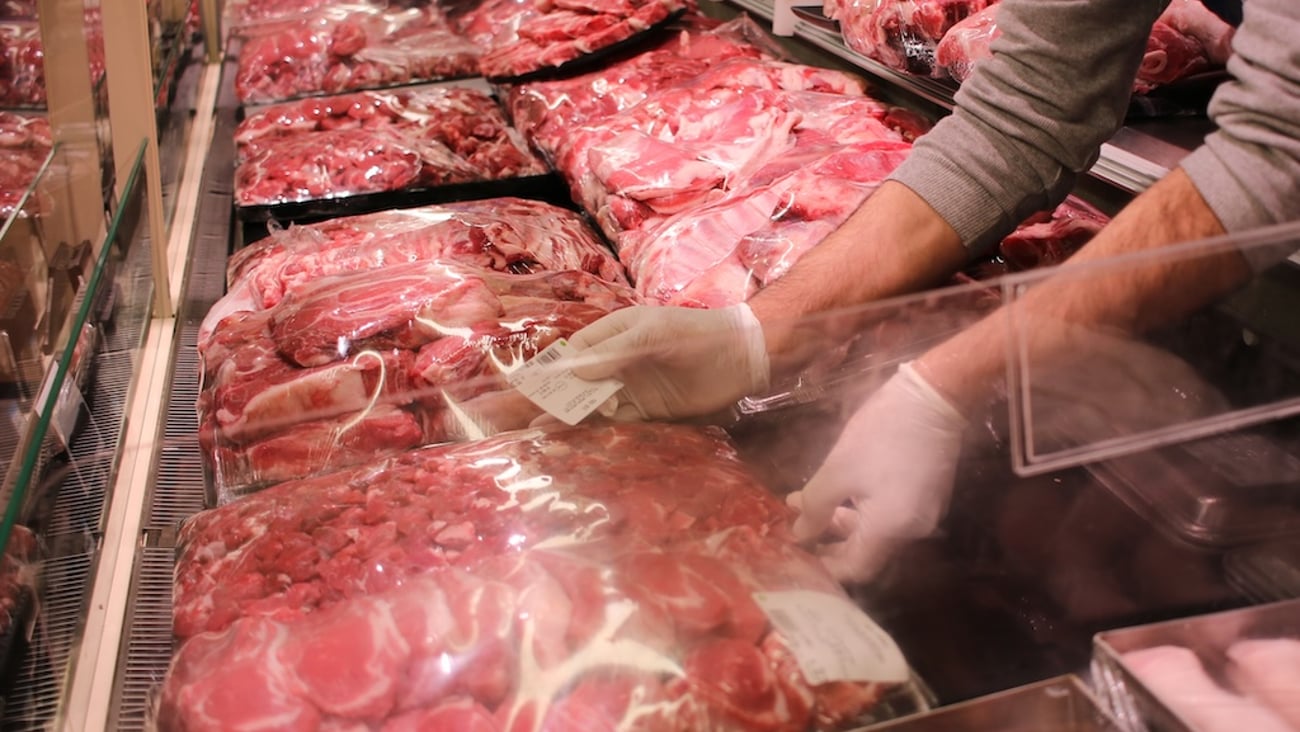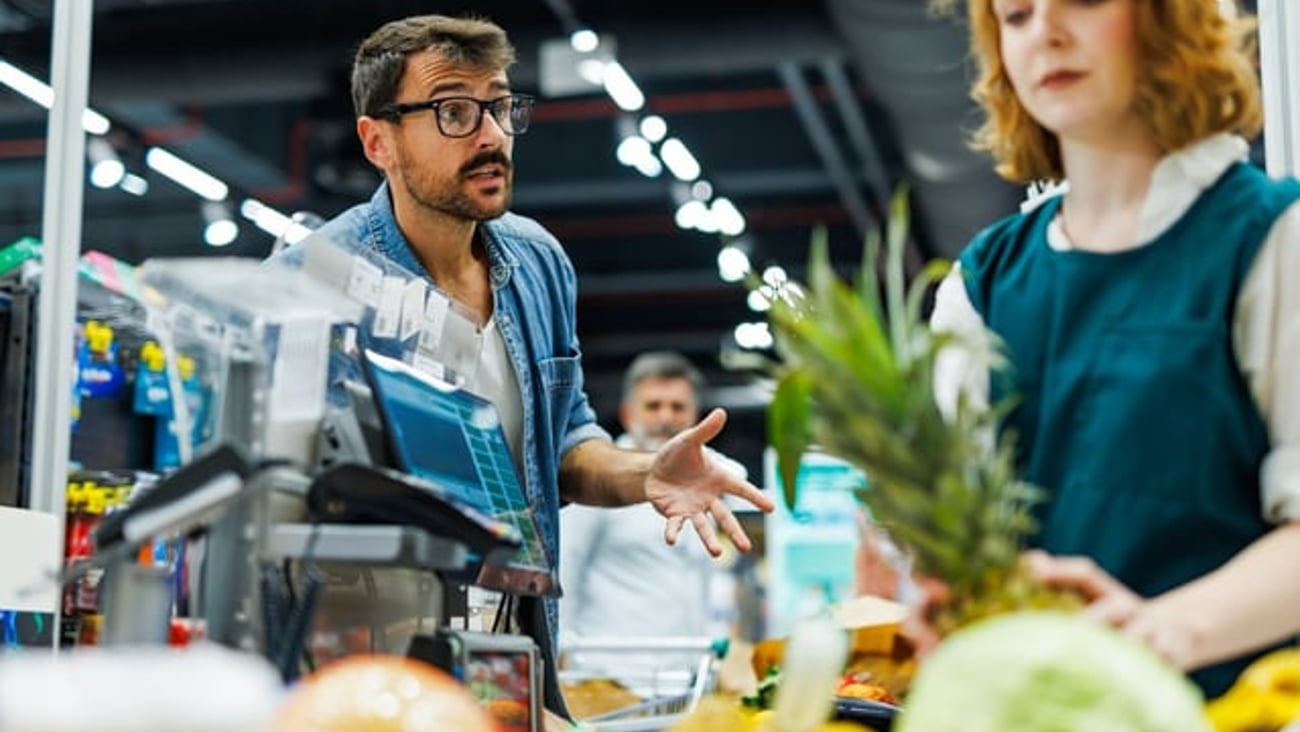Food prices are about to make the largest jump in history
The issues voters care about this election will likely vary, but since everyone eats and most try to manage a limited food budget, the most important electoral issue will likely be inflation. Or at least it should be. Everything is costing more, including food. And the worst is yet to come, especially with the Delta variant on the rise. By December, the average household will have to pay 5% more for their groceries, or about $700 over the course of a year. In dollars, this is the largest increase in history. But it could be even higher in 2022.
Due to COVID, global supply and demand for almost everything is completely distorted. Demand is very strong for several products, including food. There is even pent-up demand that puts enormous strain on supply chains. Every sector is fighting to get more cargo space. Some economies are recovering much faster than others, which makes predictability of logistics a nightmare right now. Sanitary measures everywhere are causing the chain to operate a little more slowly, while costs increase.
The maritime transport industry has been one of the sectors most affected by the pandemic, and this will have long-term consequences. Freight rates have increased by more than 200% on average over the past year. A world economy that is completely at odds between Asia and America means there is a shortage of containers and ships. Since January, around 170 new high-capacity freighters have been ordered by various logistics companies. But these ships will be delivered in 2023. In other words, most do not expect the problem to be resolved until then.
The food chain is trying to be kind to consumers by absorbing some of the costs caused by expensive transportation. But by fall or winter 2022, retailers and restaurateurs will have no choice but to adjust their prices -- upwards, of course.
But many federal policies are not helping and will continue to contribute to the problem of food inflation. Subsidized unemployment benefits, which contribute to a shortage of workers, means employers must pay much more to get people back to work. All of this will eventually catch up to consumers. If consumers have not noticed higher food prices yet, they will soon.
The Trudeau government has shown extreme generosity for the agri-food sector and said yes to almost everything – the food waste program, compensation for our farmers, financial support for food processing and food safety. And if we add the programs created to mitigate the effects of the pandemic such as the Canadian seafood stabilization fund, the emergency processing fund, the emergency food security fund, the recovery program food surpluses and the Nutrition North Canada program, the sums are simply colossal. All these programs exceed $2.5 billion. That’s $65 per Canadian. Canada's industry is in dire need of financial support, but by saying yes to everything, the Trudeau government is still offering us a policy without a vision or clear priorities. Decisions often lead to inconsistencies among different sectors, different markets and especially among provinces. Tackling interprovincial trade barriers would be a good place to start.
Of course, the pandemic is not solely responsible for higher food inflation. The Western world is grappling with an inflationary situation that could hurt many of us. So, Canada is not alone. But, the generosity of Justin Trudeau's Liberals has reached an extremely dangerous threshold. With these monies, the hyperstimulation of demand causes prices to inflate at an unsustainable rate, and food is not immune to this.
The reality is that the average Canadian pays more in taxes than for food, clothing, and housing or mortgage combined. While taxes may not go up for many of us, the cost of living will, and future food prices need to be addressed in this election campaign. Otherwise, even if candidates hammer home the message that taxes will not increase, food inflation or the hidden regressive "COVID tax" is an issue for people who are struggling financially.




